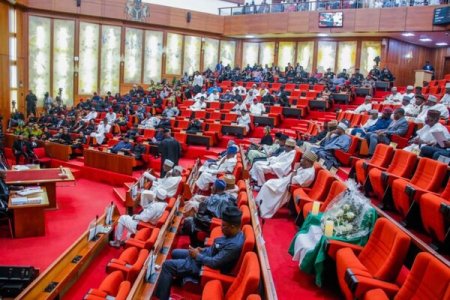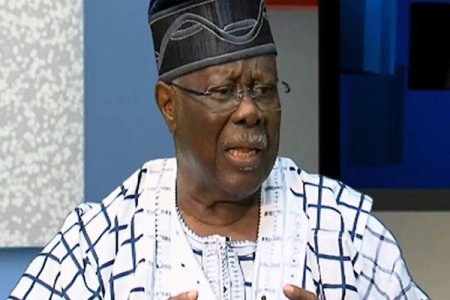
The Nigerian Senate is set to approve Tax Reform Bills, exempting individuals earning below ₦1 million from income tax. These reforms aim to modernize tax laws, target wealth, streamline administration, and ensure equitable VAT distribution. Economic experts clarified misconceptions, while heated debates underscored the significance of these transformative measures.
The Nigerian Senate is set to pass the Tax Reform Bills today, aiming to introduce significant changes to the nation’s tax system. A key feature of the bills is the exemption of individuals earning below ₦1 million annually from income tax, a move intended to provide relief to low-income earners.
In a contentious session, economic experts, including Tanimu Yakubu (Budget Office DG), Zacch Adedeji (FIRS Chairman), and Taiwo Oyedele (Chairman, Presidential Committee on Fiscal Policy and Tax Reforms), addressed lawmakers. They clarified that the reforms are designed to target wealth rather than poverty, streamline tax administration, and promote equitable distribution of VAT revenue.
While the reforms received mixed reactions, with heated debates and procedural challenges led by Senators Abdul Ningi and Ali Ndume, the experts' presentations swayed many lawmakers. Oyedele emphasized that the proposed changes would modernize tax laws, eliminate minimum taxes for loss-making businesses, and exempt essential goods from VAT.
Senate Deputy President Barau Jibrin maintained that the legislative process adhered to Senate rules, despite opposition. Following extensive discussions, the Senate seems poised to approve the bills, marking a pivotal step in overhauling Nigeria’s tax framework.





